Help your students write and draw about the beginning, middle and end of stories with this set of differentiated graphic organisers.
Explore the Beginning, Middle and End of a Story
One of the most fundamental narrative features for young students to grasp is the idea that stories have a beginning, a middle and an end.
This differentiated set of graphic organisers and poster have been designed to support you in teaching story beginning, middle and end to your little learners using a combination of words and pictures. Each graphic organiser is slightly different to help you cater to the individual needs of the students in your class. And the beauty is, these templates can be used with any picture book, reader or comprehension text!
- Version 1 – Students draw a picture in each box to show the beginning, middle and end of the story.
- Version 2 – Students draw a picture and write 1-3 sentences about the beginning, middle and end of the story.
- Version 3 – Students write 1-3 sentences in lined boxes to show the beginning, middle and end of the story.
- Version 4 – Students write 1-3 sentences in boxes (no lines) to show the beginning, middle and end of the story.
Multiple Applications for This Beginning, Middle and End Template
This versatile resource can be used in various ways in your early years classroom. Why not try some of the following activities:
- Whole-class activity (via smartboard)
- Reading group task
- Individual practice
- Homework task
- Summative assessment
Download to Get Started!
Use the dropdown arrow next to the Download button to choose between the editable Google Slides file or the easy-print PDF.
This resource was created by Kendall Britnell, a Teach Starter collaborator.
Looking for more resources to teach your students about narrative features? Browse some of our suggestions below!
[resource:4883323] [resource:4963031] [resource:4926916]
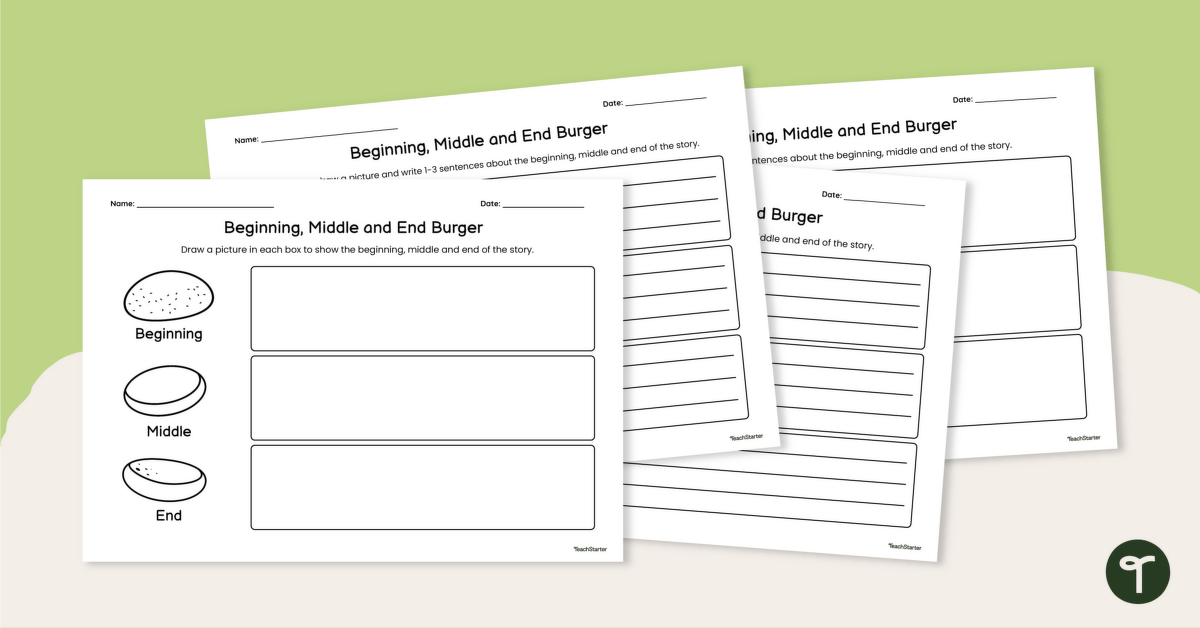

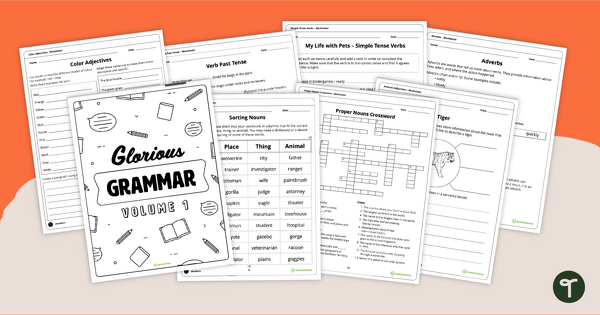
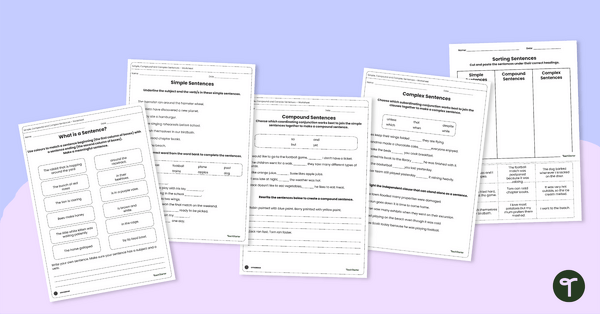
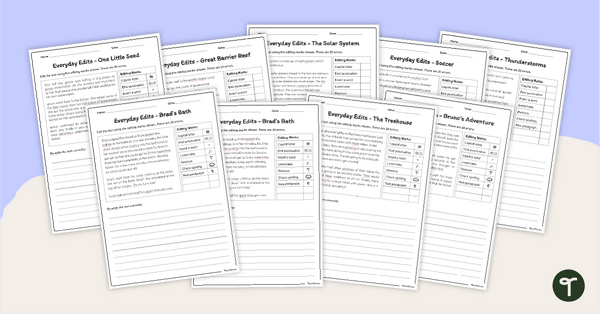
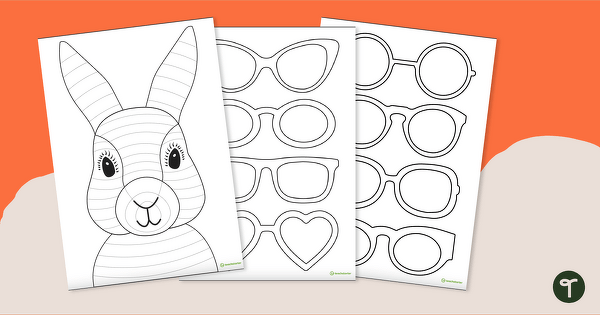
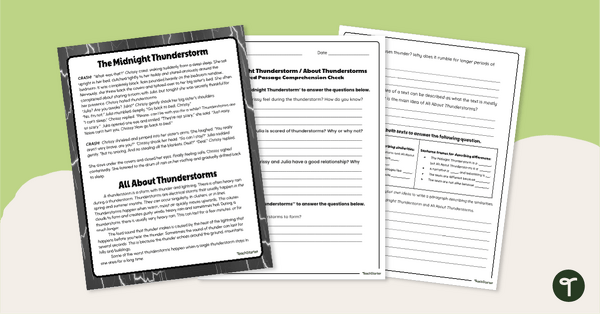
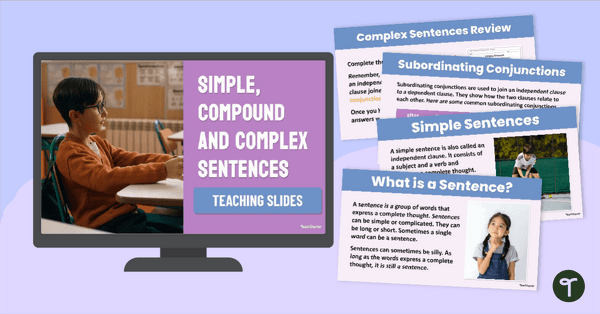
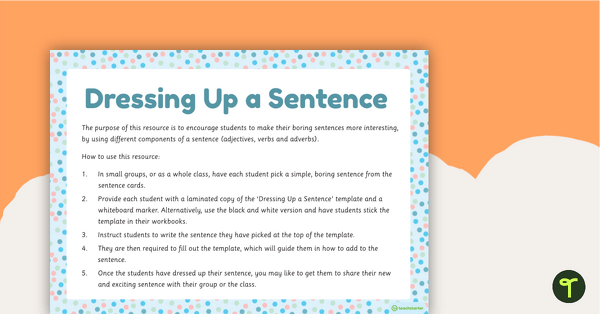
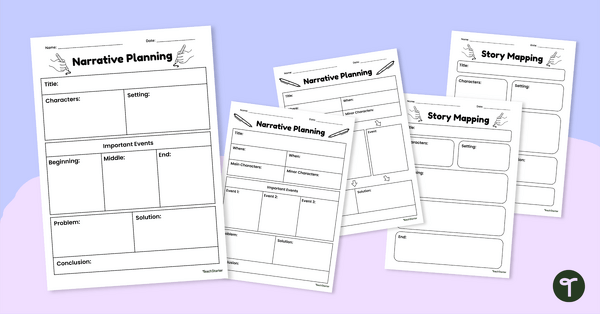
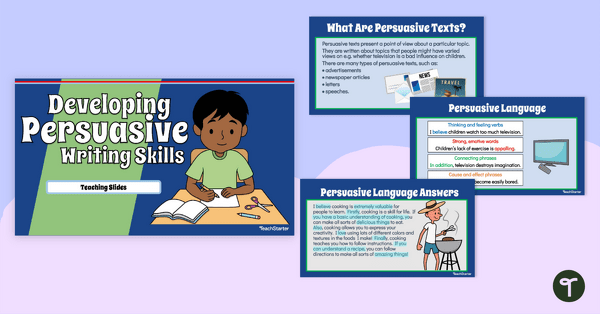
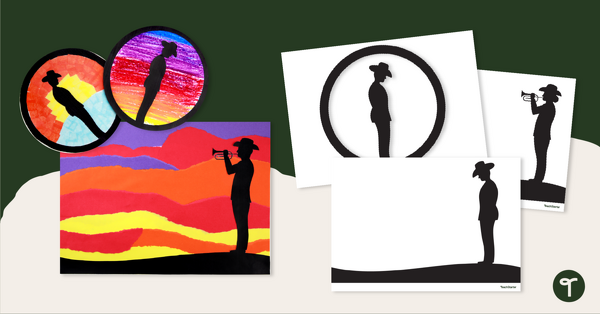
0 Comments
Write a review to help other teachers and parents like yourself. If you'd like to request a change to this resource, or report an error, select the corresponding tab above.